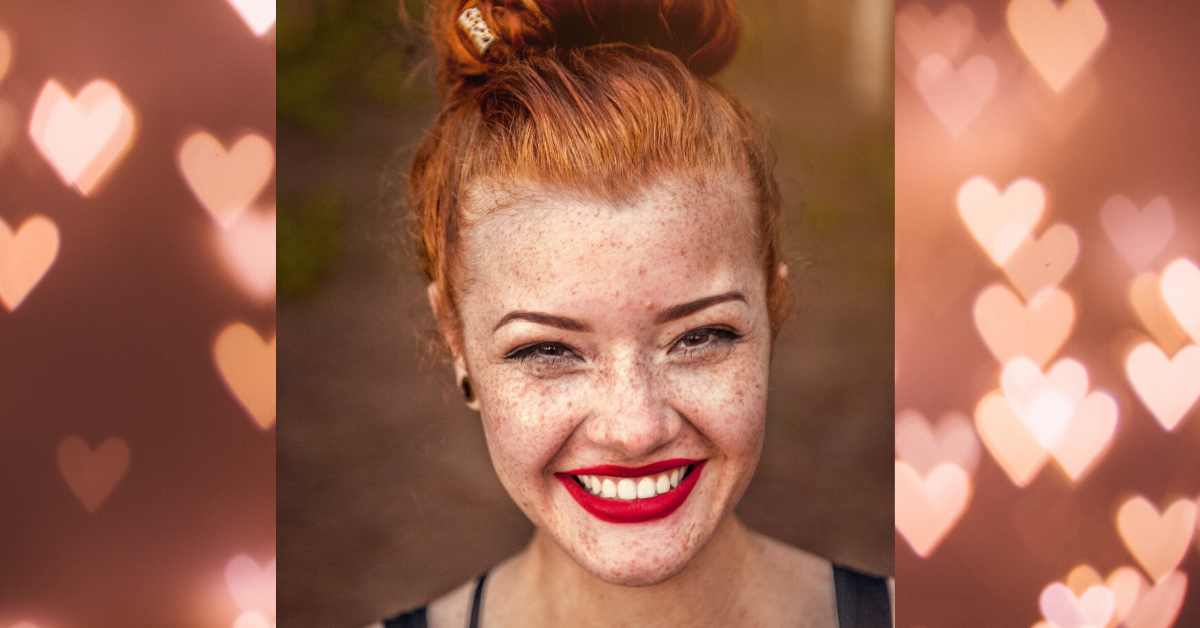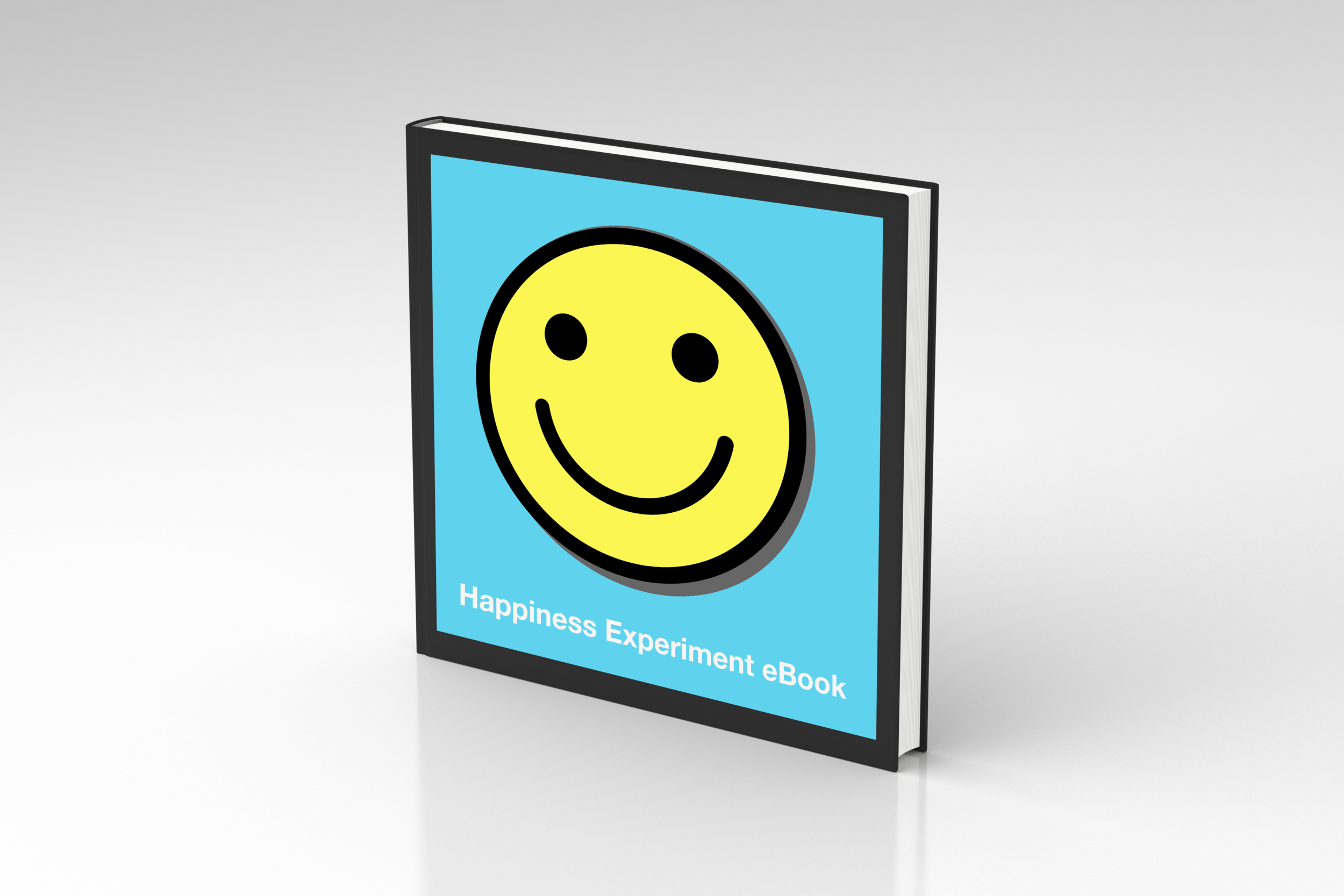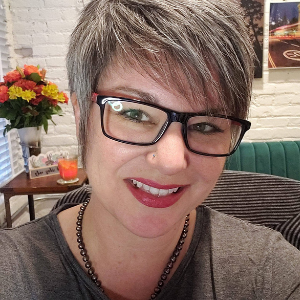Can Mindfulness Make Me Feel Happier?
Well, if you want a guaranteed “life hack” to feeling happier, no. Mindfulness won’t change your emotional experience. It won’t change the circumstances around you. Mindfulness will, however, help you to be more aware of your emotional experience. It is a skill that can help you in your happiness journey.
What is Mindfulness?
According to the Oxford Dictionary, mindfulness is “a mental state achieved by focusing one's awareness on the present moment, while calmly acknowledging and accepting one's feelings, thoughts, and bodily sensations, used as a therapeutic technique.” Outside of the therapy session, it’s a skill you cultivate that helps you process emotion in the moment that you are feeling said emotion.
An example is probably helpful.
Let’s say my spouse walks into the kitchen while I’m making dinner for the family. Nothing is said. My presence in the kitchen isn’t acknowledged. My spouse walks up to the fridge, gets a beverage, and leaves the room. In a heartbeat or two I feel angry. The more I allow myself to replay the moment in my mind, the angrier I become. Within moments, I’m attacking the vegetables instead of chopping them and I’m slamming all of the cabinet doors looking for pots and pans.
Then my mindfulness skill kicks in. I stop what I’m doing and take a deep breath. I acknowledge that I feel, REALLY FEEL, angry in this moment. I don’t try to fix it. I don’t even start to question why I’m angry. I allow myself to feel it and observe the sensations.
I can feel a sensation of heat in the center of my chest, almost like a boiling sensation moving up into my throat. My breathing has quickened, and I feel my heart beating a slight bit faster. My movements have become abrupt, reflecting the rising anger. I’ve started paying more attention to replaying the recent scene in my mind instead of my dinner prep.
Give yourself permission to FEEL that emotion in that moment, rather than judging it and possibly shutting it down because you’ve deemed that emotion as “bad” for whatever reason. Mindfulness is the ability to understand that emotions just are. They are neither good nor bad. They are just part of our existence.
Mindfulness Isn’t Easy
Most of us have to learn the skill. It’s not something that is taught in school. And unless your parents were psychologists who were trained in the last 30 years or so, it probably wasn’t a skill your parents taught you either. If we are really honest with ourselves, much of our judgmental processing of emotions is what we learned from our parents. Let’s face it, the behavior of a temper tantrum in public is not socially acceptable. So, parents shut down the tantrum in a hurry and usually express their wishes in overly simplified terms. The message the kid receives is not about their behavior but about their feelings of anger in the moment.
I’m using the emotion of anger over and over as the example for a couple of reasons. First, it’s pretty easy to recognize, both in ourselves and in others. Second, in American culture outward expressions of anger are considered bad. It makes us feel uncomfortable. As a society we have agreed that expressing anger is not a good way to behave in public. Note that I’m making a clear distinction from feeling angry and behaving angry. That’s what mindfulness is about. Allowing oneself to freely feel an emotion BEFORE it really starts to affect behavior.
See, why I say it isn’t easy?
Most of us go immediately from feeling to behaving. Mindfulness can be the pause button between the two. It’s that moment to breathe and choose what we will do next rather than allowing emotion to run away with us.
So, How Can Mindfulness Contribute to More Happiness?
If you get in the habit of acknowledging and observing your emotions, you’re likely to start noticing that you FEEL happy more often than you might have thought. In fact, when you start noticing that you feel happier more often, that’s like shining a light on a house plant… the new attention causes new growth.
If you’ve never tried anything like this before, conducting a little experiment can help.
Find a nice quiet place and grab a sharpie, and a stack of sticky-notes.
1. Set a timer for 15 minutes.
2. What’s the first thought in your head? Summarize it either in 5 words or less or as a simple drawing like an emoji and jot it on the note.
3. Continue to observe all of the THOUGHTS, FEELINGS, and JUDGEMENTS. Each one on its own sticky note.
4. Keep doing this until the timer goes off and go for QUANTITY over QUALITY.
This is one of the first exercises from a Happiness Experiment we created. It helps you to focus and observe mindfully, without judgment.
Tools can be incredibly helpful in building mindful habits, too. Journaling has been such a tool for a long time. You set aside time to review your day and make note particularly of the emotions you felt that day. AH! But that’s not in the moment of feeling them, you say. You would be correct. Journaling although non-judgmental, it is usually retrospective.
So, what if you had a tool that could cause you to pause in a random moment and take a mindfulness check?
Conduct the Happiness Experiment for Yourself
CAN mindfulness make you feel happier? Determine the answer for yourself. Take a moment to download the Happiness Experiment eBook. It’s free. We aren’t even going to ask you for your email. Just click and it will download automatically. The eBook takes you through a series of exercises over the course of 2 weeks. Test it for yourself and provide the answer of whether or not you FEEL happier in 2 weeks.
BONUS!
You don’t have to do it alone. If you would like to see how other people are feeling during the 2 week happiness experiment, we have designed a series of questions delivered via SMS directly to your cell phone. You respond to each question in the moment that you open the message with an emoji, no words at all. You then get to see all of the responses to that question. It’s totally anonymous. We don’t call anyone out. We don’t make any judgments about the responses. And yet, you experience a shared moment with other people.
It’s up to you. If you want to enjoy the eBook and the experiment, we’re so glad you made that choice.
If you want to participate in the group experiment, text an emoji that best represents how you feel right now to (972) 945-9735.
By Michelle Stinson Ross, CMO Feelalytics
I’m currently practicing as a digital strategist and marketer, and applying mindful practices to marketing communication and storytelling.



